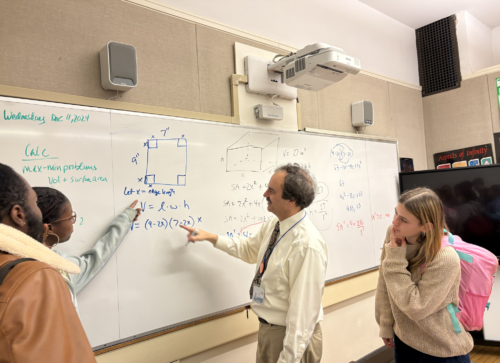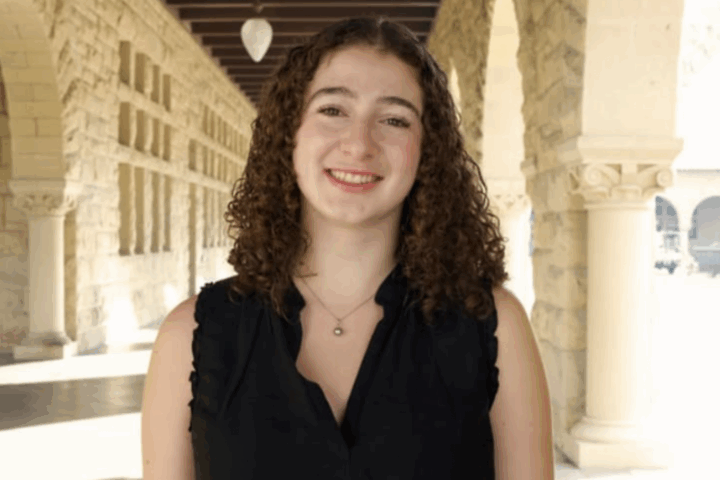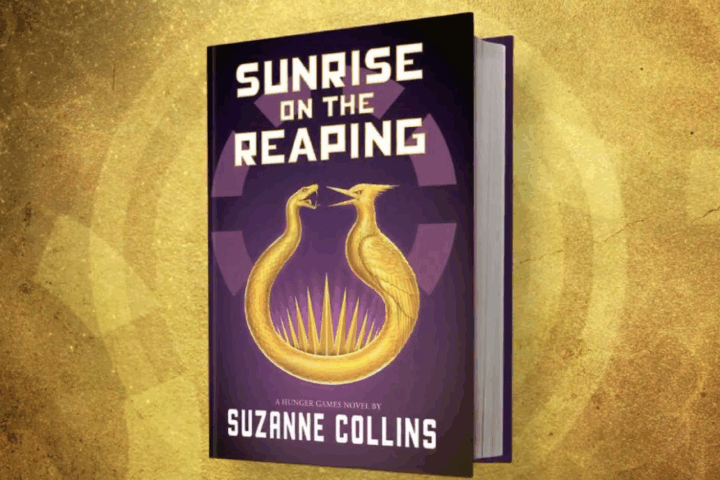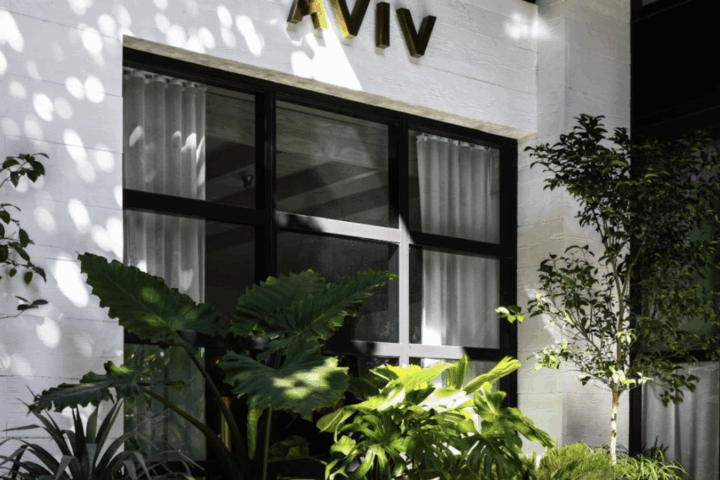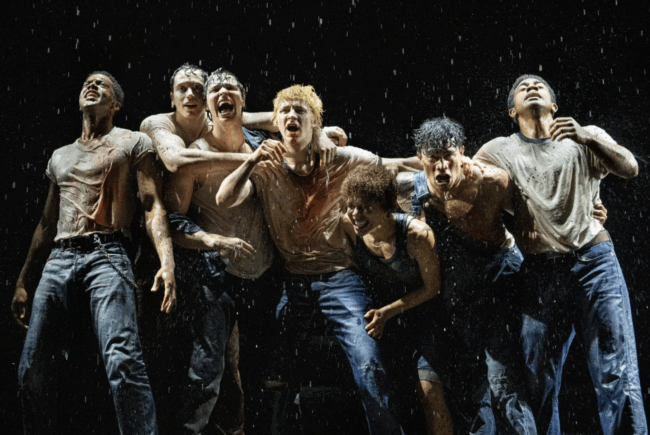“I had a student once…”
Clay Kaufman, the newest addition to Fieldston’s Math Department, is an overflowing fountain of stories. Whether during Calculus class, somehow connecting derivatives to his fifth-grade soccer team, or in the hallway, commenting on an athletics dress up that reminds him of a graph, he always finds a way to associate math and the real world.
Kaufman began his teaching career at 22 years old, fresh from his graduation at Yale University. He started at his first school, in Washington D.C., the Field School, “which, ironically, sounds just like Fieldston,” said Kaufman. In a lot of ways, besides their names, Kaufman’s first and current schools share similarities: progressive, very student-centered, small class sizes and very hands-on learning.
“Although,” Kaufman joked, “Fieldston has a lot more stairs.”
The Field School often brought in young teachers, and Kaufman learned from the school’s older experienced mentors. “I didn’t know what I was doing in the beginning,” said Kaufman. “[My mentors] taught me how to connect teaching to the real world, and make everything really student-centered.”
After an astounding twenty years at the Field School, Kaufman became the Head of School at the Siena School in Maryland, which concentrated on students with learning disabilities. As the school expanded, Kaufman started the high school branch and created the curriculum. “I loved learning about teaching there,” said Kaufman. “I learned strategies for teaching kids with learning disabilities that actually are just great teaching for everybody. There are so many ways you can level the playing field so that everyone is included all the time.”
Following his tenure at Siena, Kaufman headed north, to Connecticut, where he founded The Cedar School, a high school for students with dyslexia. “Up here there’s a lot of fantastic K-8 schools,” said Kaufman “But no local high school [for dyslexic students].” Kaufman oversaw the Cedar School for three years, and looks back fondly, “I’m really glad I did it. The students did really well; that was the most important thing.”
Kaufman searched for his next teaching gig and found Fieldston. Immediately, he launched into the Fieldston community: creating a student a capella group, attending playoff games, notably the Field Hockey state championship and all the school theatre productions. “For me, it’s always been important to not just go in, teach a class and leave,” said Kaufman. “You understand the students better when you understand the culture of the school. You understand the teaching philosophies when you understand all the different things that go on.”
As for his transition, Kaufman found some surprising positives. “I teach mostly seniors this year, which some might think would be the hardest transition to make, but really it’s been the best part of the transition,” said Kaufman. “I get to see the finished product: who is a Fieldston student? What qualities does Fieldston want their students to walk away with?”
At Fieldston, Kaufman brings a teaching approach, impacted greatly by his early teaching years, which concentrates on students holistically. First, said Kaufman, students want to know WHY we’re doing this. “They deserve an answer. If you don’t have one, then you shouldn’t be teaching it,” said Kaufman. “Relating learning to students’ lives is really important.”
Second, for Kaufman, it’s important to know students as people outside of the classroom. “I understand my students when I understand what’s important to them,” said Kaufman, explaining his frequent appearances in the bleachers at big games, or in the audience at big shows. “Everyone is motivated by something different,” said Kaufman. “If you really want to learn something, you need to be motivated. I’ve dedicated my career to finding what motivates students, and for each one it’s different.”
His approach? According to Fieldston students, who adopted the nickname “Kauf-drop” for the beloved new math teacher – a major success.
“Kaufman really makes an effort to understand the way that each student thinks – their different thought processes,” said Caitlin Neidow (Form VI).
Reanna Bilbao (Form VI) agreed, saying, “Kaufman knows how to support his students in and out of the classroom. He doesn’t care about fitting in all the material in one day, he really cares about us understanding it.”
Even for Fieldston students who don’t have him as a teacher, Kaufman makes an impact. “Mr. Kaufman came up to me after the percussion performance at Homecoming, and said, ‘I saw how big your smile was on that field, and it made me smile’ – and I signed up for his a capella club. Even though I’m not his student he has time and time again made me smile,” said Amelia Citron (Form VI)
Kaufman’s famous tie and mustache look, coupled with his beaming smile and frequent high-fives, already feel like Fieldston classics. In a short amount of time, Kaufman has made Fieldston a home – in his teaching, his attempts to start a Fieldston a capella club and his constant cheers for fellow community members.

